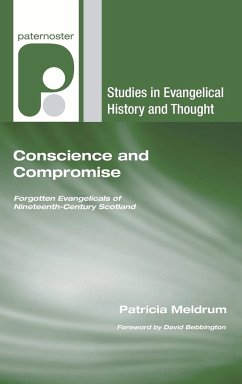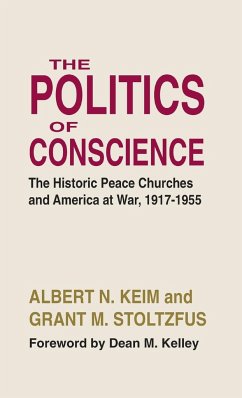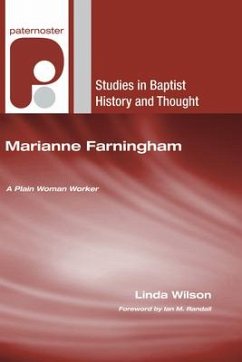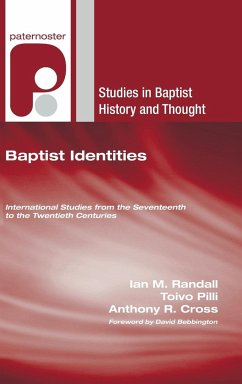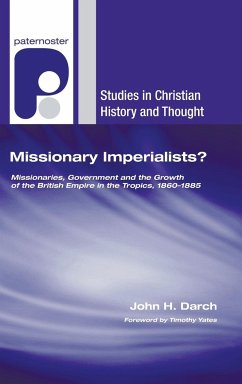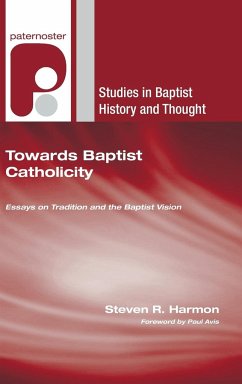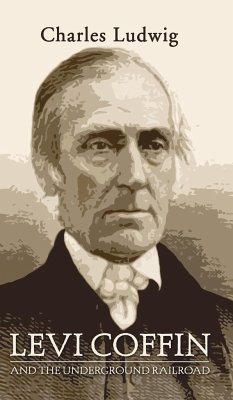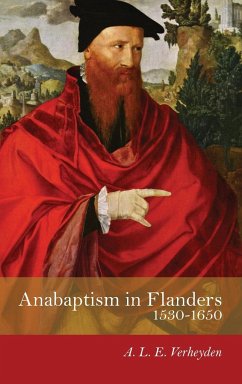The Scottish Episcopal Church in the nineteenth century was dominated by High Churchmen. But by around 1820 Evangelical clergy began to take up posts within its fold, particularly in the major Scottish cities, holiday centers, and in places where wealthy patrons could supply funds necessary to sustain a church. The Evangelical newcomers reached a numerical peak from 1842 to 1854 when they accounted for around one in seven of all Episcopal clergy in Scotland. They provided some of the most active and vibrant ministries in the country, notable for their work among the poor and in Sabbatarian, temperance, and missionary endeavors. At the same time their private lives were marked by an attractiveness that belied some contemporary critics of Evangelicalism. However, many Evangelicals did not find the Scottish Episcopal Church to be their natural home. Disputes with High Churchmen arose in the 1820s concerning particularly the doctrine of conversion and were to continue for the rest of the century. When D. T. K. Drummond was censured in 1842 by Bishop C. H. Terrot of Edinburgh for holding evangelistic meetings in the city, he and a large part of his congregation left the Scottish Episcopal Church and founded St. Thomas's Church, loyal to the Church of England. When, subsequently, Drummond found that he had serious doctrinal scruples concerning the Scottish Communion office, the official liturgy of the Scottish Episcopal Church, others joined his English Episcopal movement which was represented by ninety-one clergy serving twenty-four churches up to 1900. After years of agitation the Scottish Episcopal Church altered its canon law in 1890 to accommodate Evangelical concerns. Some English Episcopalians accepted the compromise but for some others the terms were still not satisfactorily watertight and as a matter of conscience they chose to remain apart. ""This well-researched book brings to light a hitherto under-researched group, the Evangelical Episcopalians, and gives them due place in the religious history of nineteenth-century Scotland."" --Helen Dingwall, University of Stirling ""Largely unknown and untold, this is a key piece of Scottish Episcopal Church history. Evangelicals are a significant part of the Church, and their story is told clearly, thoroughly, and movingly--a testimony to both writer and supervisor. As you meet these remarkable characters, you'll see their energy, qualities, and caliber as leaders and members of Evangelical Episcopal Churches in the past. As they planted churches and debated communion, we find many of the challenges they faced are still with us. They have much to say about expressing contemporary biblical concerns in a mixed and compromised church."" --Mike Parker, General Secretary of the Evangelical Alliance in Scotland and formerly Rector of St. Thomas's Episcopal Church, Edinburgh ""This fascinating and meticulously researched book rescues Evangelical Episcopalians from undeserved obscurity, and illuminates important wider themes in religious history. Meldrum deftly handles both the theology and the social history of her subject."" --John R. Rolfe, The Open University ""The Scottish Episcopal Church has exercised a profound influence on the course of Scotland's religious history. In this thoroughly researched study, Dr. Meldrum explores the neglected Evangelical tradition within nineteenth-century Scottish Episcopalianism, bringing to life the personalities and controversies, piety, and social outreach of this vibrant religious movement."" --Stewart J. Brown, University of Edinburgh School of Divinity Patricia Meldrum was educated at the Henrietta Barnett School, London, and went on to obtain an honors BSc from London University. Her dissertation, completed at the University of Stirling, forms the substance of this book.
Hinweis: Dieser Artikel kann nur an eine deutsche Lieferadresse ausgeliefert werden.
Hinweis: Dieser Artikel kann nur an eine deutsche Lieferadresse ausgeliefert werden.

